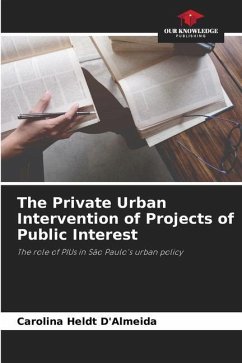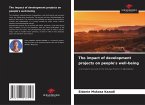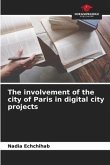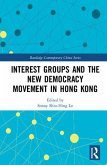The book brings together an analysis of major urban projects proposed through Urban Intervention Projects (PIUs), with the aim of feeding the debate on latent conflicts in urban policy in São Paulo, as well as being able to add elements to contribute to the reflection on the contemporary specificity in the processes of production of space in territories undergoing urban restructuring. The hypothesis in question is that the purpose of these processes implemented through the PIU is rather to make the concession viable than to propose a programmatic content of public interest. Although the proposition of an "urban project of public interest" becomes a necessary part, acquiring an operative role as a device to enable the concession of urban space. In any case, this rhetorical movement is not a new operation, nor is it an effect of the use of the PIU in particular. The novelty in this case is manifested in the generalization of this process and its normalization as a normal pattern ofdevelopment and urban planning rationality. The analysis carried out allows us to signal the recurrence of the concession of urban space adopted as the norm in the production of space, through the PIU, as its device.
Bitte wählen Sie Ihr Anliegen aus.
Rechnungen
Retourenschein anfordern
Bestellstatus
Storno








